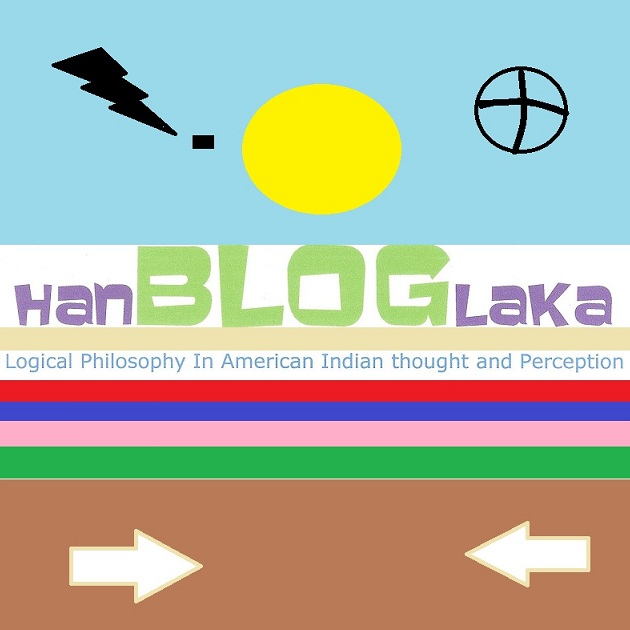Script:
Roy Thomas
Pencils: Barry
Windsor-Smith
Inks: Sal Buscema © Respective
copyright/trademark
holders.
Equivalence
(mutual implication)
P
implies q and q implies p
p ≡ q = (p É q)
. (p É
q)
“formal
implication” thus “formal equivalence.”
It must not be supposed that two propositions which are
equivalent are in any sense identical, or even remotely concerned with the same
topic.
Newton
was a man ≡ the sun is hot: is true
Newton
was not a man ≡ the sun is not hot:
is false
Truth-Values
True
if a proposition is true
False
if a proposition is false
If proposition p occurs in any proposition f(p), the
truth value of f(p) will depend not on a particular proposition p, but only its truth value.
if
p ≡ q then f(p) ≡ f(q)
f(p)
may be called a “truth function” when argument p is a proposition
and the truth value of f(p) depends only on the truth value of p.
“A
believes p” is a function of p which will vary its truth value for
different arguments having the same truth value.
One may believe one true proposition without believing
another and may believe one false proposition without believing another. This
related to the characteristic of mathematics namely, mathematics being always
concerned with extensions rather than intentions.
Assertion-Sign “├” what follows is
asserted and distinguishes a complete proposition which is asserted from any
subordinate propositions which are not asserted.
├
p É q
unless (p É
q) is true the assertion is in error.
Inference –
“├ p and ├ (p É q)” infers “├ q” –inference cannot be reduced to symbols.
To
draw attention to an inference – “├ p
É ├ q” may be read “p, therefore q.” this
does not explicitly state what is part of its meaning, that p implies q.
This
is a mere abbreviation of “├ p
and (p É
q) and ├
q.”
An
inference is the dropping of
a true premise;
it
is the dissolution of an
implication.


Jim Meddick’s Robotman © Respective copyright/trademark holders.
In our dominant culture in North
America, and in fact in most of the world, people follow and prefer to be ruled
by laws, statutes, rules, guidelines, precepts, scriptures, principles,
contracts, compacts, guarantees, covenants, commandments and all other such static
recordings of behavioral intentions or requirements to govern the actions and
agreements of human beings among ourselves in all matters and for every reason. It may be held that all this regulation
is necessary because persons are good or bad and must be restrained from
exercising their base human instincts that politicians and religions typically
heap upon human character. My contention, supported by Whitehead and Russell in
Principia Mathematica, is that all of this regulation has evolved from the
inadequacy of language to convey abstract concepts, and the resulting
misunderstandings that occur constantly and universally among all persons in dominant
culture. Both from the inadequacy of language itself and more so people’s
varying capacity to use the language they have, or to transliterate between one
language and another.
Above are the beginning concepts that
are baby steps towards melting away the constraints of our minds perception.
The forms of functions and propositions will be repeated and expanded ahead,
and the superb text will provide all the instruction a scholar requires.
Concentrate on learning the material, but do not be too concerned if you can’t
seem to memorize it, or bring it clearly to mind even some long way in. This is
the nature of metaphysics, page after page of information with no tangible
subject or story to bring it to mind. Eventually things should click if you
study with diligence. Also vocabulary is crucial, and I urge you to turn to a good dictionary if any words used here are not completely clear. It can truly make all the difference.
Script: Dave Wood; Jack Kirby Pencils: Jack Kirby Inks: Wally Wood
Challengers of the Unknown © Respective
copyright/trademark holders.




No comments:
Post a Comment